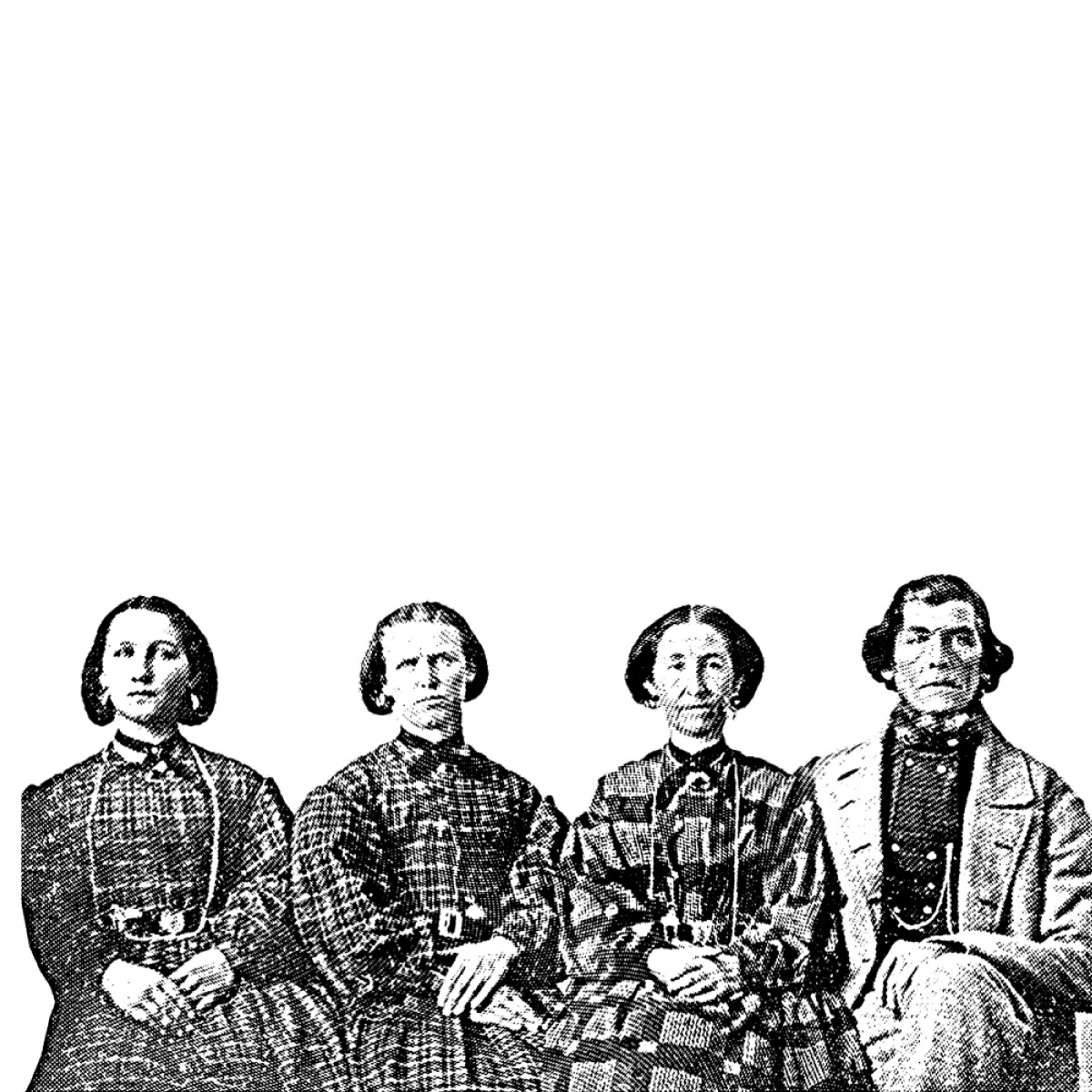Polygamy in Eternity

Will polygamy be practiced in the Celestial Kingdom?
Yes, probably. Many early Church leaders taught this,[1][2] and there are no known instances of Church leaders contradicting this teaching. However, modern Church leaders have noted that the exact nature of the practice in the afterlife is unknown.[3]
Is polygamy a requirement to be in the Celestial Kingdom?
No, probably not. In the past, some Church leaders taught that it was a requirement for exaltation,[4] whereas others taught that this was not true.[5] Shortly after the release of the 1890 Manifesto,[6] President George Q. Cannon[BIO] taught that exaltation could be received without polygamy.[7]
Additionally, in 1956 David O. McKay stated that "his understanding" of section 132 in the Doctrine and Covenants meant that all blessings are available to those that do not practice plural marriage.[8]
But doesn't Doctrine and Covenants 132 say that those who don't practice polygamy will be damned?
Probably not. It says that people "must and shall abide the law, or he shall be damned" where the "law" is the "new and everlasting covenant[9] of marriage."[10] So if the "law" is just referring to eternal marriage, then no, you won't be damned if you don't practice polygamy. However, if it refers to polygamy, then yes, you will be damned if you don't practice it.
Joseph Smith did not specify if the "law" required polygamy or not;[11] however, several people testified that they never heard Joseph teach this.[12]
Related Question
Does Section 132 threaten that Emma would be "destroyed" if she doesn't accept plural marriage?
Read more in Doctrine and Covenants 132 and Polygamy
Do we have to believe or agree with the principle of polygamy to be in the Celestial kingdom?
Probably to some extent. If some continue to practice polygamy in the afterlife, then it seems reasonable to conclude that even those who reject plural marriage for themselves would need to accept that polygamy has a place in the celestial kingdom.
But didn't Gordon B. Hinckley say that polygamy isn't doctrinal?
In a 1998 TV interview, President Hinckley replied to a question about modern polygamy being practiced by "Mormon fundamentalists" in Utah where he said "It belongs to the civil officers of the state. . .I condemn it, yes, as a practice, because I think it is not doctrinal."[13]
However, both the context of the statement and the practice of posthumous plural sealings during Hinckley's tenure[14] support the idea that Hinckley's statement was in reference to unauthorized polygamy.
Did David O. McKay teach that polygamy wasn't a "principle but a practice"?
Yes. In the notes of a 1956 First Presidency meeting President David O. McKay said "I explained that is was my understanding regarding plural marriage that the having of more than one wife is not a principle but a practice."[15] (emphasis in original.)
President McKay also taught that "his understanding" of section 132 was that it was in reference to "eternity of the marriage covenant; it was not on polygamy" and that it was not correct to teach plural marriage as a "principle."[16]
So did David O. McKay think that polygamy would be practiced in heaven?
There is no record of President McKay making a statement about plural marriages in heaven, however, the practice of men being allowed to be sealed to more than one woman continued throughout his tenure as president of the Church.[17]
Have any prominent women supported polygamy in eternity?
Yes. Eliza R. Snow,[BIO] Zina D. Young,[BIO] Emily Young,[BIO] and others expressed support for it.[18]
Does the Church teach that God practices polygamy?
No, but some early apostles speculated that He did. Orson Pratt[BIO] believed that God the Father was a polygamist,[19] and Orson Hyde[BIO] taught that Jesus Christ was a polygamist and had children.[20]
If polygamy isn't practiced today, why can a man be sealed to more than one woman today?
It's unknown. The structure of sealings continues in the tradition of plural marriage[21] but the details of how this is implemented are unknown.[22] However, if you practice plural marriage in mortality, with living people, you will be excommunicated.[23]
Why can't a woman be sealed to more than one man?
They sometimes can be. Plural marriage in mortality has been taught as one man married to multiple women.[24] However, the Church handbook states a deceased woman may be sealed to all men she has legally married in mortal life.[25]
Related Question
Does the Book of Mormon teach that polygamy on earth was instituted by God to "raise up seed"?
Read more in Polygamy and Population Growth
If someone is sealed to more than one spouse in mortality, will they be forced to be polygamous if they don't want to be?
No. The idea of being forced to practice polygamy is in opposition to the fundamental principle of agency. Lucy Walker, one of Joseph Smith's plural wives, recalled Joseph teaching that "a woman would have her choice; this was a privilege that could not be denied her."[26] Charles W. Penrose[BIO] also taught in the Juvenile Instructor that all plural marriages in eternity would be done through the mutual consent of all spouses.[27]
- Aleata G.
“Possibly the Celestial kingdom is so different then earth life that it will not matter. Perhaps we are fretting over things that will not be a challenge in the Celestial Kingdom. I don't think it will be because we simply accept it. It may not matter.” - J.D.
“To refute the notion that more women will be in the Celestial kingdom: More male babies are born (and die) in every country (even where sex-selected abortions aren't practiced). It's statistically more likely to have more males making it to the Celestial kingdom than females.” - Austin
“If plural marriage is part of the Celestial Kingdom, then it is an incredible joy for husband and wife. I don’t believe that anyone participating in exaltation will feel like they are settling for anything less than the ultimate ideal. I don’t know how it works, but I have faith.” - MM
“After research on the women’s experiences, I walked away knowing that polygamy at that time was indeed from God. The women knew it, they had ample spiritual revelation, agency, and power in the practice. We owe them respect and should not continue to make them defend their families.” - Lucius
“Either the priesthood power given to Joseph Smith and held with President Nelson today is truly binding and sealing for all eternity or it isn't. For those of us who don't understand, the Lord will help us in the eternities with understanding and wisdom.”



 about this topic
about this topic